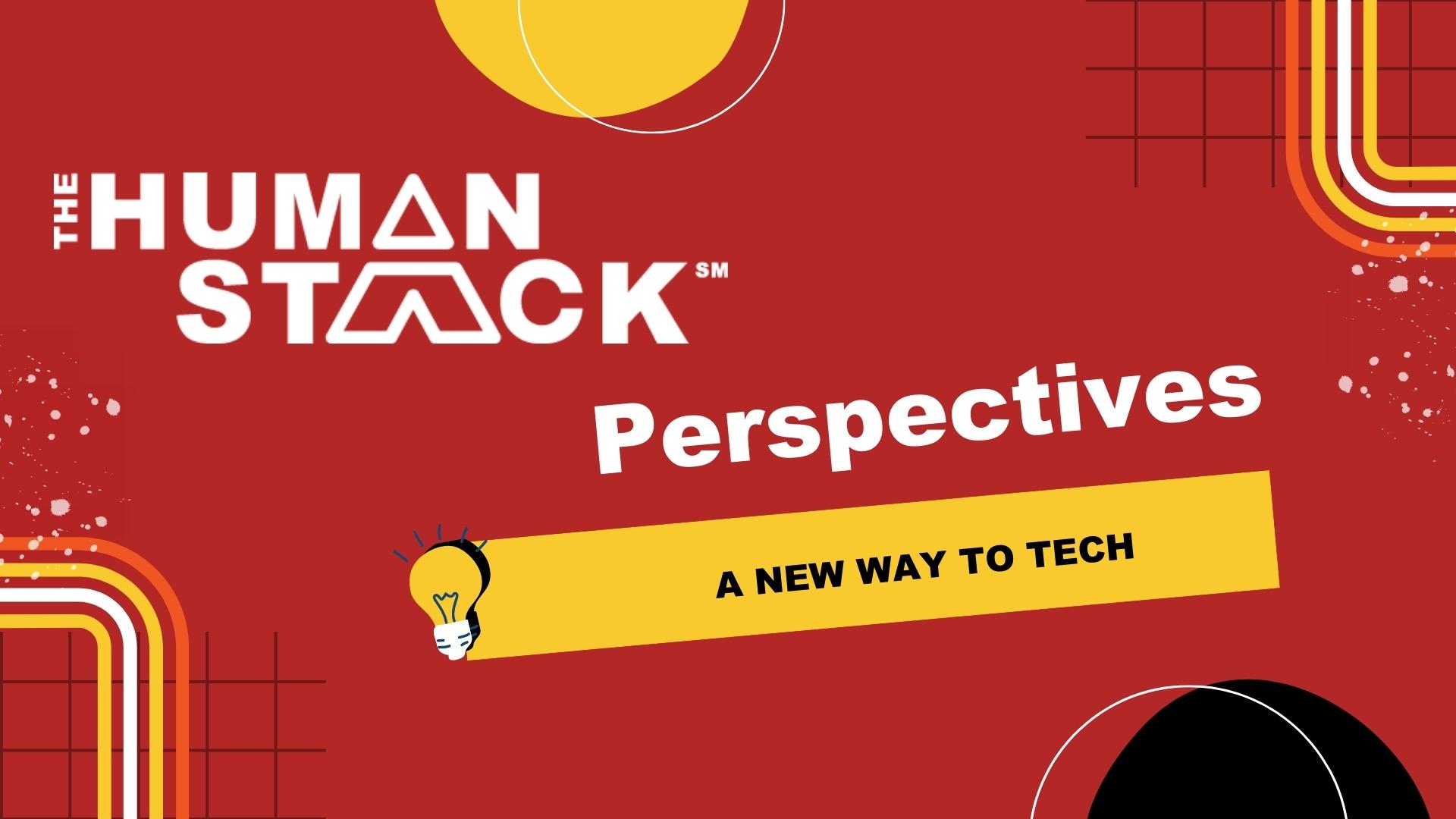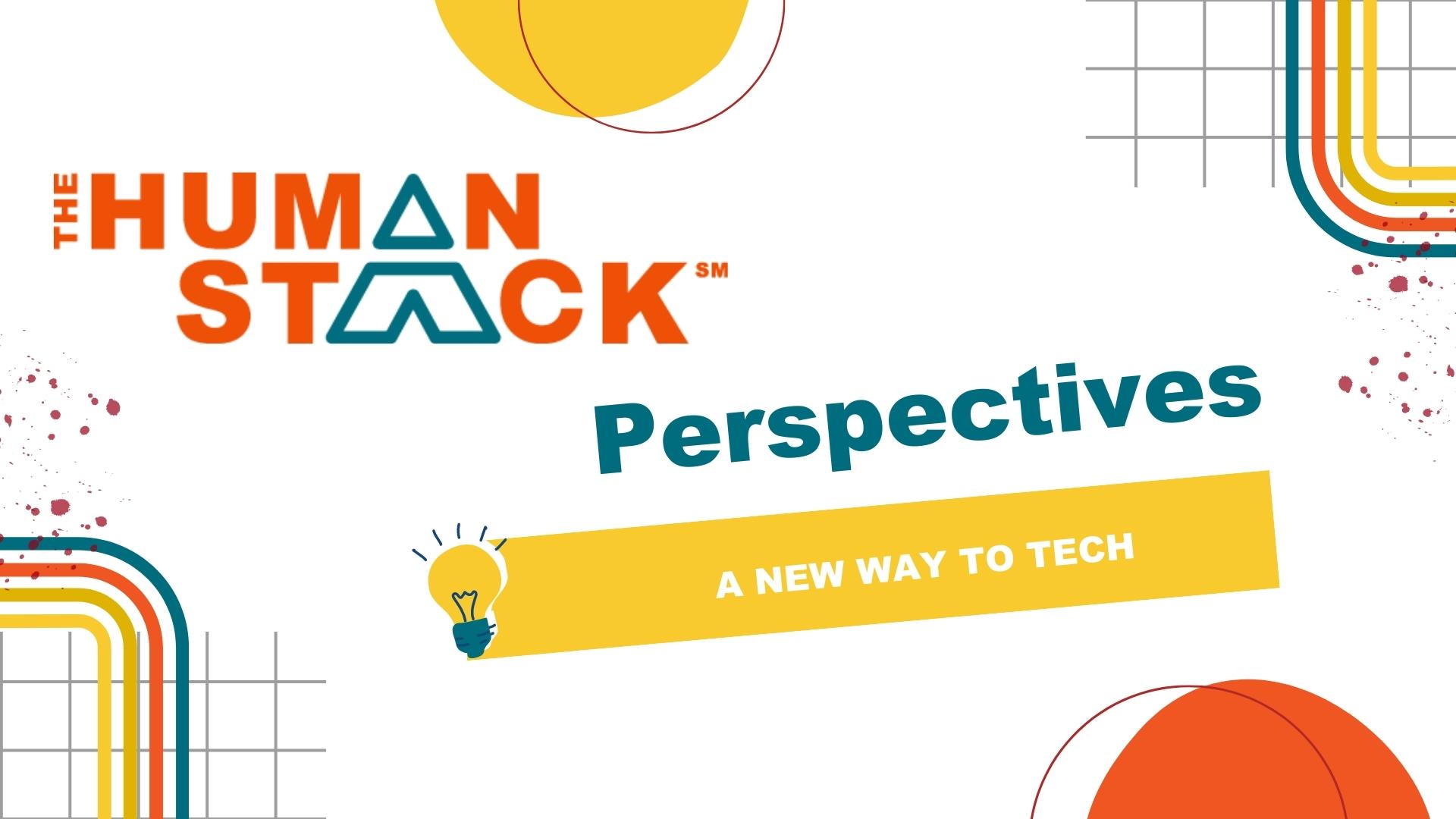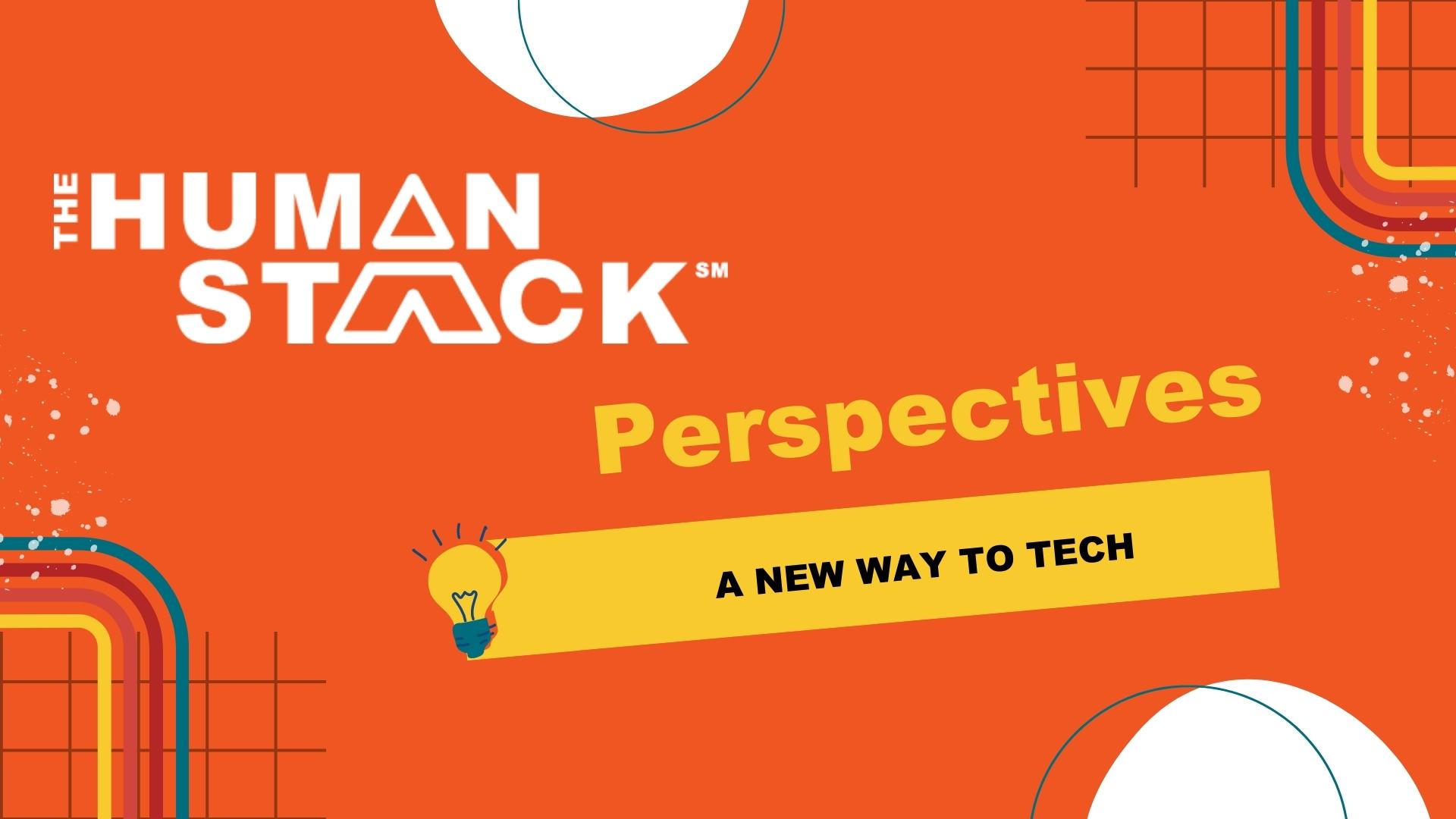Why do some CRM transformations succeed more than others?
Following a completed project, some of you are highly engaged, have a high level of confidence in your data, and are navigating future phases of work successfully. Others of you are experiencing high user frustration, don't trust your system data (and we don't blame you!), and you aren't sure that the initial work merits future work. Yet the projects were successful, with high satisfaction ratings.
How could that be?
Over the past year, we've been investigating this very question. Our findings had less to do with specific tech or solutions, and more to do with change management. The results of our review challenged what we do, who does it, how we track it, and how long it takes.
Here's a summary of things we learned:
- There are predictable risk factors for failed CRM implementations. Avoid these and you'll likely have a satisfactory "project."
- An implementation often disrupts the status quo for the short-term, with end users ready to "get back to normal" as soon as the project is done.
- Ability to withstand disruption and tolerate change is critical for long-term CRM success but has been largely ignored by consultants (including us).
- The key to achieving deep and lasting transformation is organizational alignment toward change.
- Organizations that manage disruption well generally experience more long-term success.
- For many of you, the progress stopped when we stopped meeting with you.
- Governance and change management is mission-critical for successful technology initiatives, but most organizations need help to make it happen.
As a result of our learning, we developed the Now IT Matters Guidance program, an evidenced-based 12-month transformation process offered to select clients. The results have been significant and we're seeing indicators that, across the board, Guidance moves the needle on success markers.
Guidance is creating system momentum, stakeholder steering, and user engagement for our clients. We still offer our trademark services: Supporting, Advising, and Building, but we offer them in alignment with a strategic roadmap developed through Guidance. June 1, 2020 marked a yearlong transition for us as a company in developing Guidance and making it a keystone of our strategy. If we haven't talked with you about Guidance and you are interested (or know an organization that may need it), please reach out.


 Tim Lockie
Tim Lockie




